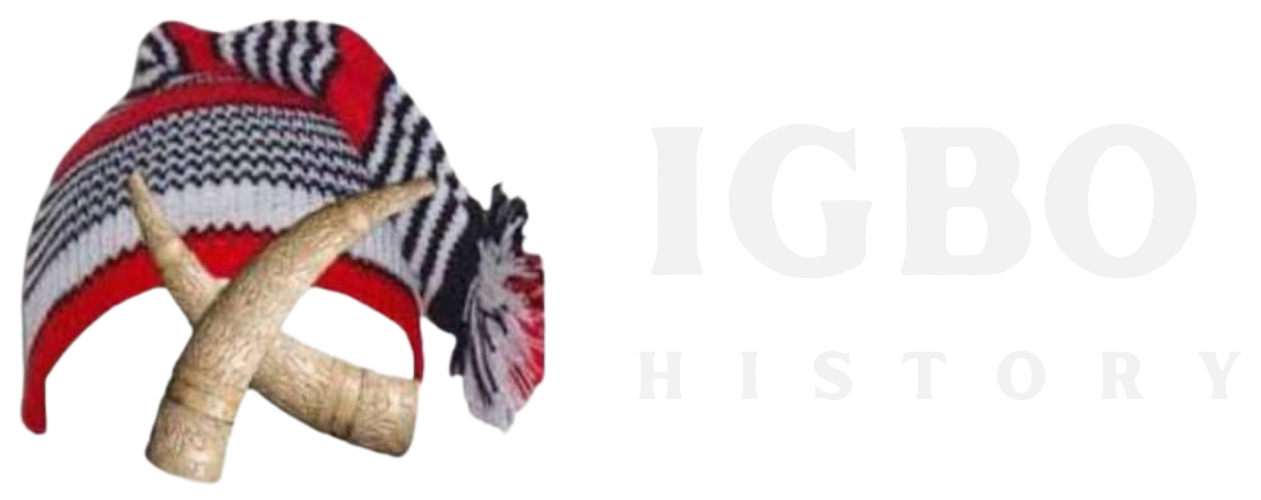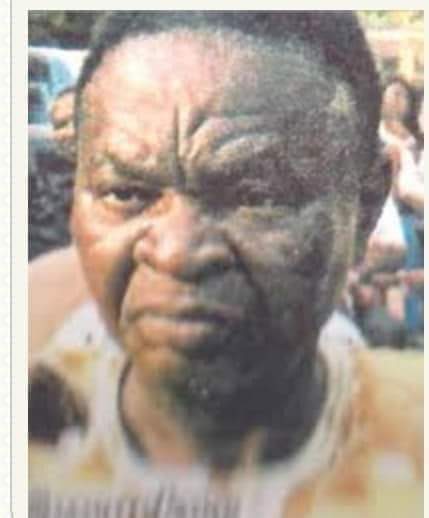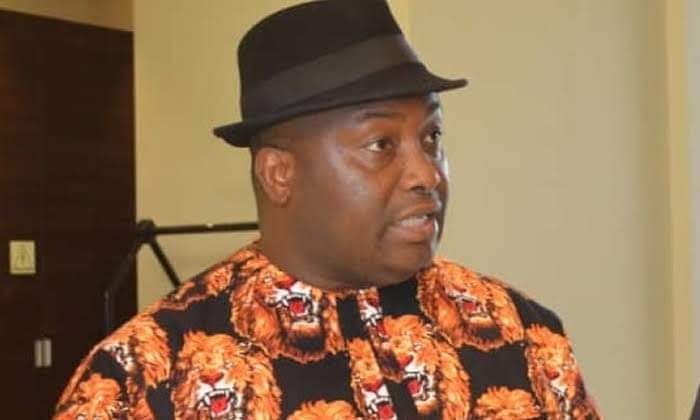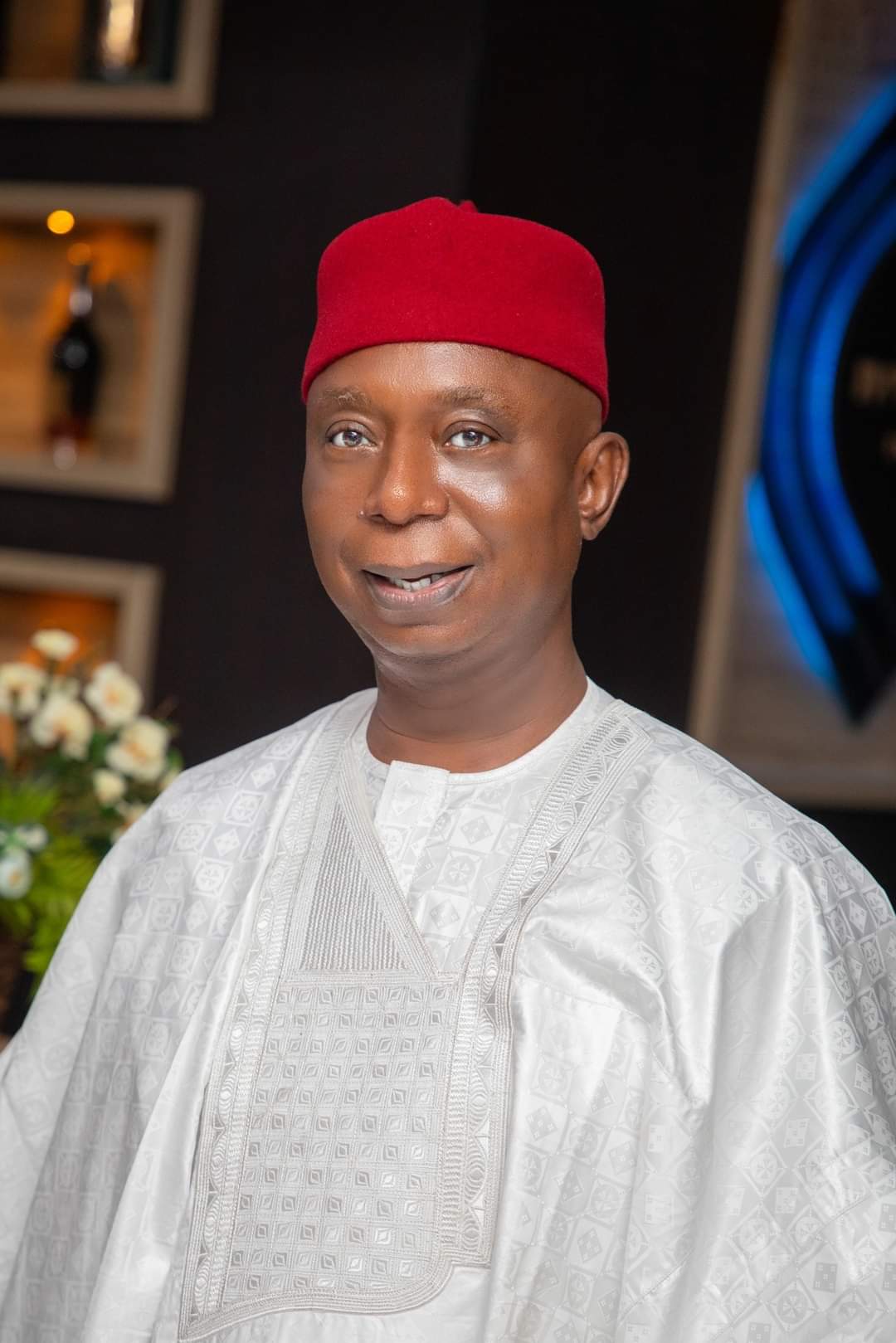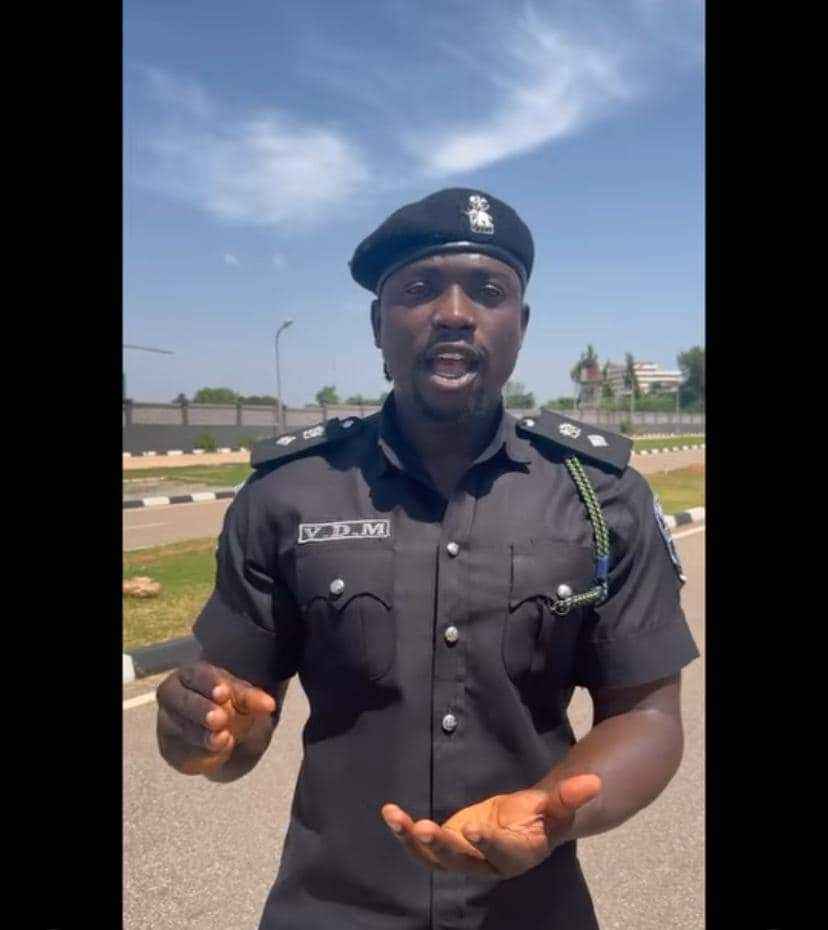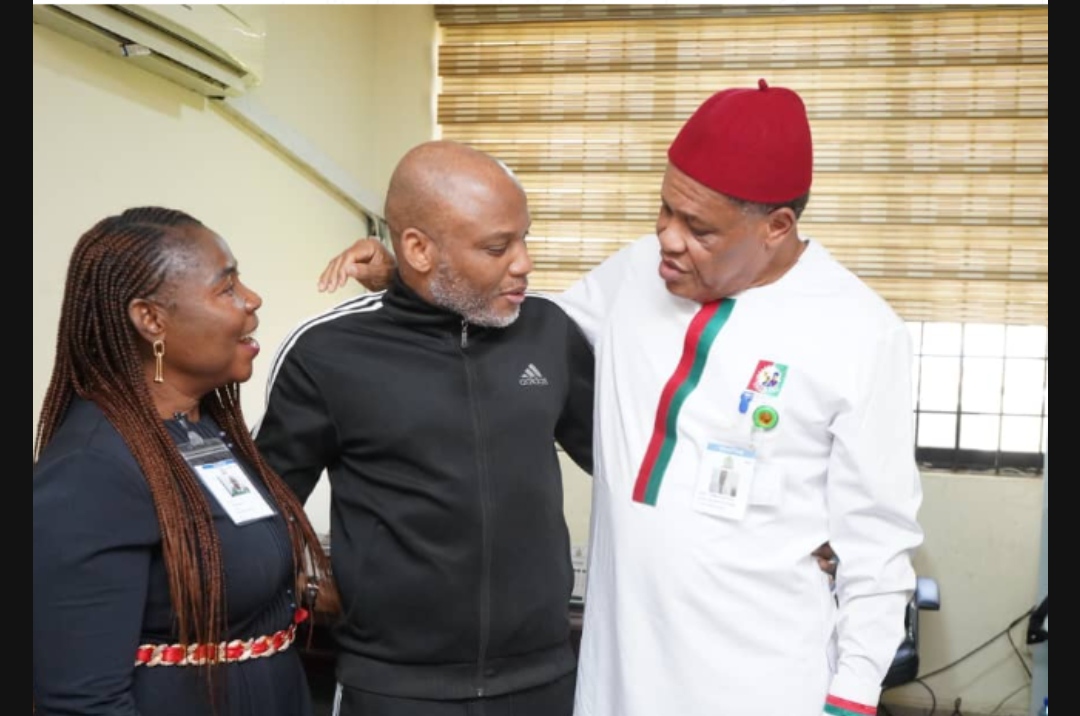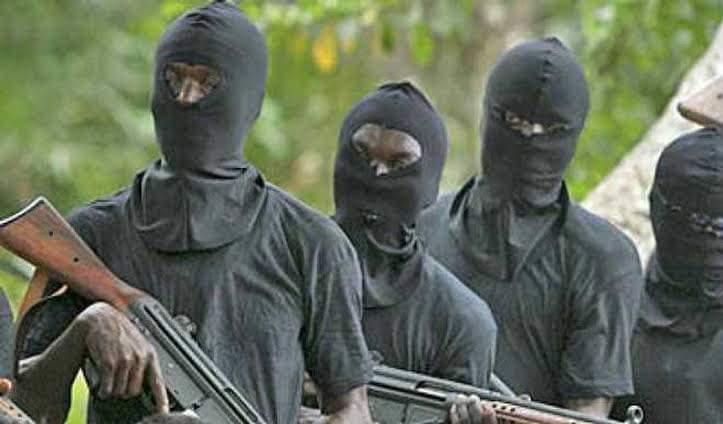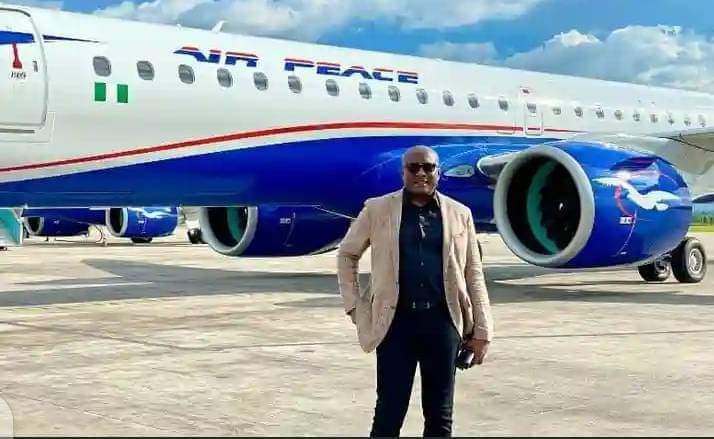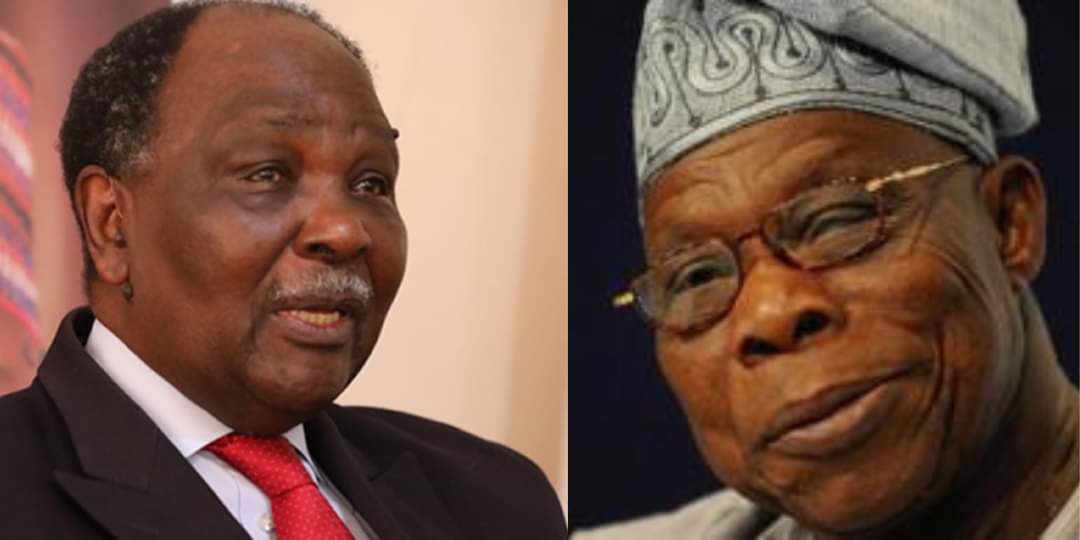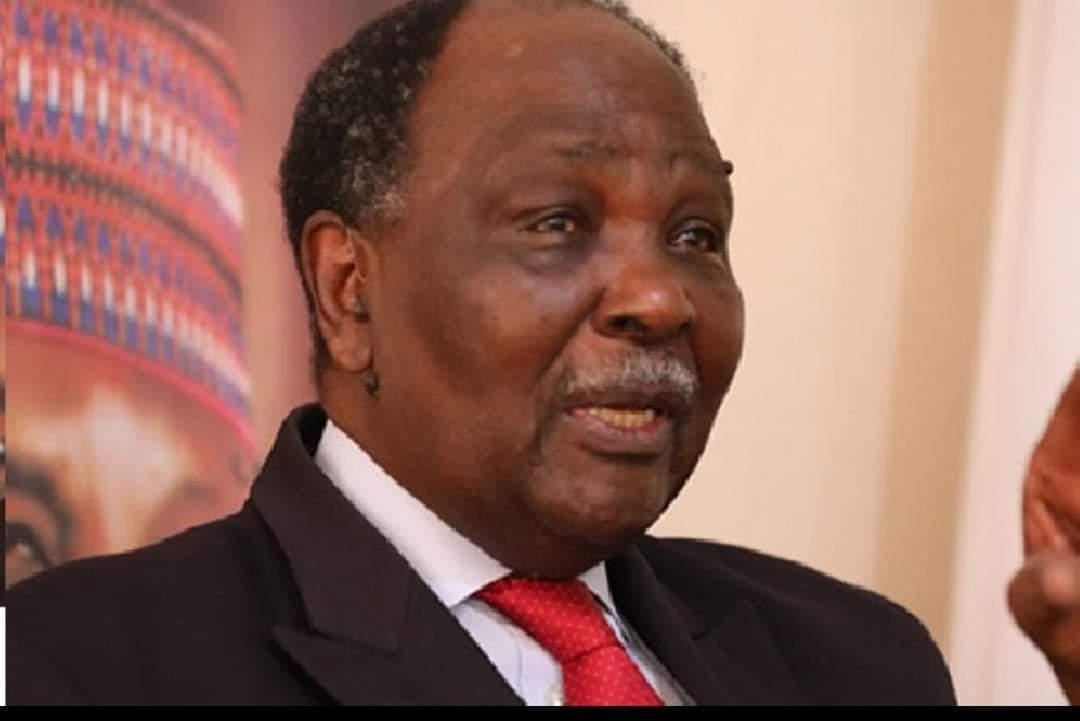On September 19, 1996, during the military regime of General Sani Abacha, a chilling event occurred in the city of Owerri, Imo State, Nigeria. An innocent 11-year-old boy, Anthony Ikechukwu Okoronkwo, was brutally murdered for ritual purposes, marking the beginning of the infamous Otokoto money ritual killings.
The Innocent Boy’s Final Moments
Young Anthony was a street vendor, hawking boiled groundnuts daily to help support his family. On that fateful day, he arrived at the Amakohia area of Owerri, where he was beckoned by a 32-year-old man named Innocent Ekeanyanwu, who invited him into the renowned Otokoto Hotel. The boy, unaware of the sinister intentions, was excited at the prospect of a big sale.
Once inside the hotel, Anthony was treated kindly and offered a bottle of Coca-Cola to cool off. The boy drank the soda, not knowing that it had been spiked. Shortly after, he began to feel dizzy, and his vision blurred. Moments later, he lost consciousness, and what followed was nothing short of horrific.
A Brutal MurderWhile the boy lay unconscious, Ekeanyanwu dragged him to a secluded hotel room, where he proceeded to behead the child with a cutlass. After severing Anthony’s head, Ekeanyanwu mutilated the body further, removing organs such as the liver and genitals, which were needed for the ritual. The boy’s remains were discarded, while his head was wrapped in a polythene bag, ready for delivery to the mastermind behind the gruesome act.
The Discovery and Public OutcryEkeanyanwu, now in possession of the severed head, attempted to transport it to his employer, Chief Leonard Unaogu, a highly influential figure. However, as he traveled, an observant motorcycle taxi (okada) rider named Opara noticed the suspicious contents of the polythene bag, which was still dripping with blood. Opara quickly alerted the police, who intercepted Ekeanyanwu on his way back to Owerri after being unable to meet with Unaogu.
As the news of the boy’s murder spread, the people of Owerri erupted in anger. On September 24, 1996, local media aired images of Ekeanyanwu holding the severed head of his victim, sparking widespread riots. Thousands of Owerri residents took to the streets, abandoning their businesses and marching in protest against the Otokoto Hotel and its wealthy owners, who were widely suspected of ritual killings.
The Riots and DestructionThe riots, which became known as the Otokoto Riots, saw mobs of angry citizens burning down the Otokoto Hotel and other properties linked to the wealthy elite involved in the ritualistic murders. The mansion of Chief Vincent Duru, the owner of Otokoto Hotel, was also destroyed, along with several other businesses and homes of suspected members of the Otokoto gang.
The public outrage stemmed from years of suspicion that some of Owerri’s wealthiest individuals were involved in dark rituals and illicit activities. Many believed the authorities had turned a blind eye to these crimes, allowing the rich and powerful to operate with impunity.
The Investigation and ArrestsFollowing the riots, a full-scale investigation was launched by the military government under Colonel Tanko Zubairu. Ekeanyanwu was arrested and confessed that the ritual killing was part of a larger network of body part harvesting, allegedly orchestrated by Chief Leonard Unaogu. Before further details could be uncovered, Ekeanyanwu mysteriously died in police custody just four days after his arrest, reportedly due to food poisoning.
Despite Ekeanyanwu’s death, the investigation continued, and several key figures were arrested, including Chief Vincent Duru and Chief Leonard Unaogu. The investigation revealed that the Otokoto Hotel had been a hub for ritual killings for years, with innocent victims, including hotel guests, being drugged, murdered, and their body parts harvested.
The Trial and JusticeThe trial for the Otokoto killings began on December 9, 1996, with Hillary Ngozi Opara as the first prosecution witness. Numerous witnesses, including hotel staff, testified against the accused. Margaret Acholonu, a receptionist at the Otokoto Hotel, confirmed that the boy’s body had been buried in a shallow grave on the hotel premises.
After several years of legal battles, Justice Chioma Nwosu-Iheme delivered the final judgment on April 28, 1999. Seven individuals, including Chief Vincent Duru, were sentenced to death for their roles in the ritual killings. Despite numerous appeals, the sentences were upheld, and Duru remained on death row. Leonard Unaogu, who was also implicated in the crimes, died under mysterious circumstances while in Port Harcourt Prison.
The AftermathThe Otokoto saga revealed the depth of corruption and impunity that had plagued Imo State for years. It exposed a dark underworld where human life was sacrificed for wealth and power. The riots and subsequent investigation led to a significant crackdown on ritual killings in the region, but the scars left by the events of 1996 remain deeply etched in the memory of Owerri residents.
The Otokoto money ritual killings serve as a grim reminder of the dangers of unchecked power and the lengths to which some will go in their pursuit of wealth and influence.
